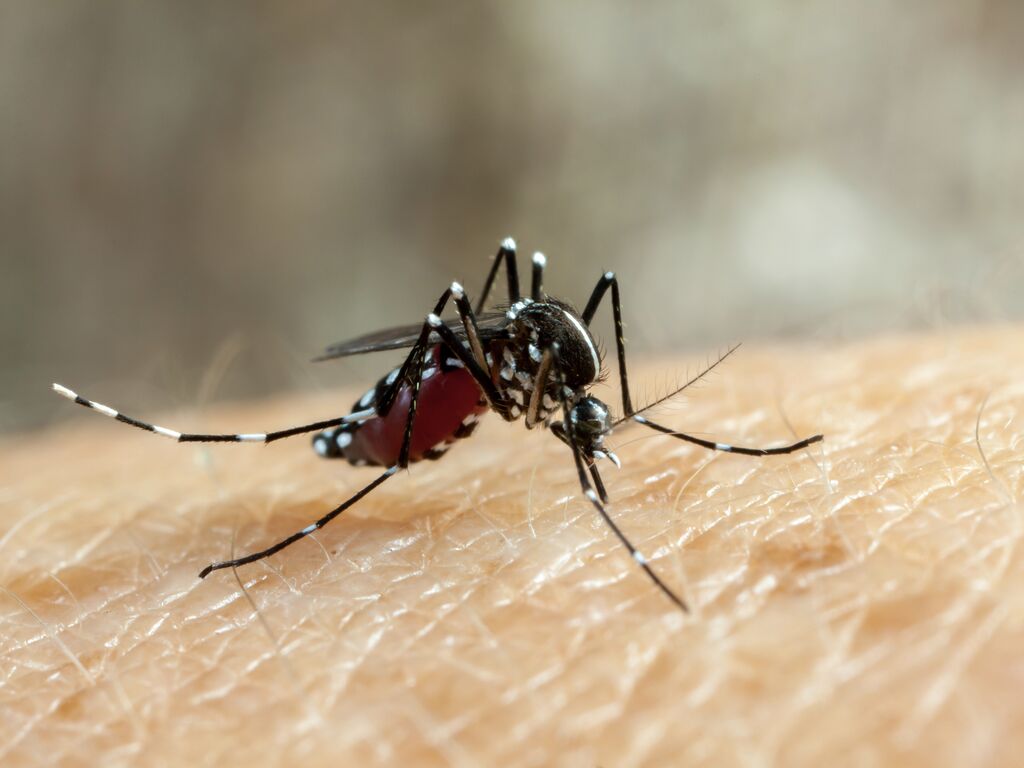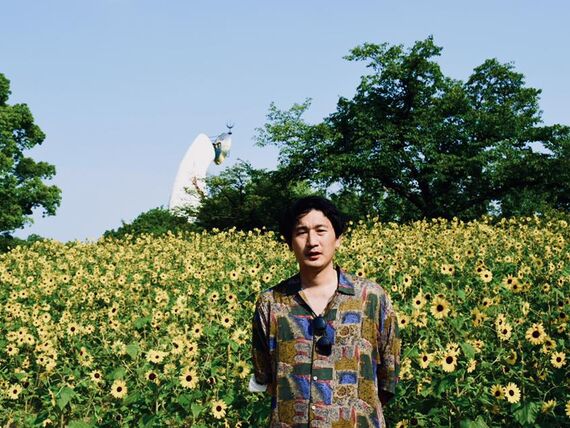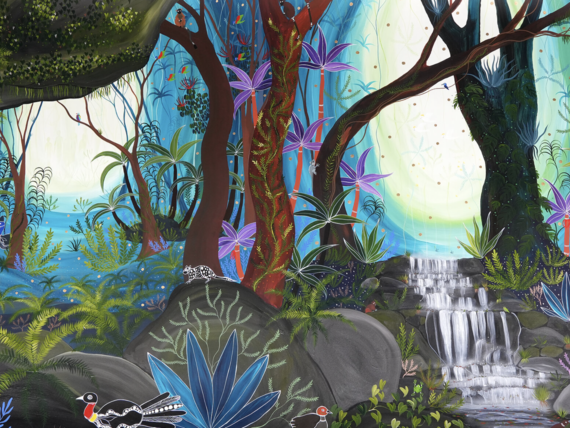
##MP##
Scientists have found a way to sterilise and potentially eradicate the Aedes aegypti mosquitoes, known to spread dengue, yellow fever and Zika virus.
In a first for the Southern hemisphere, a group of researchers – including some from James Cook University (JCU) Cairns and the CSIRO – have today published the results of landmark study.
It comes just two years after Far North Queensland was declared dengue-free, due to a similar program involving the Wolbachia bacteria.
Taking place over three sites in the Cassowary Coast region, the trial involved releasing three million male A. aegypti mosquitoes that had been sterilised with the bacteria.
The sterile male insects then mated with wild females, preventing the production of offspring.
##BA##
Scientists returned in 2019, one year from the release, to find one of trial sites in Mourilyan almost devoid of mosquitos.
Over the past decade, the World Mosquito Program (WMP) has been using a different strain of the Wolbachia bacteria which prevents the mosquitos from spreading the virus to one another.
JCU Adjunct Professor Scott Ritchie, who has worked on both trials, said the former research works like a vaccination program, whereas the latest study effectively eliminates the species.
##PQ##
“We reared the three million male Aedes aegypti mosquitoes needed for the trial in the insectary at James Cook University in Cairns,” Prof Ritchie said.
“We then released them in three small communities near Innisfail, where the insects mate with females and sterilise them.
“These females won’t lay eggs and eventually the population dries up and disappears.
“At our trial site in Mourilyan, the community of mosquitos was all but gone – there were only a handful left.”
Prof Ritchie said there were no known adverse impacts involved in eradicating the species, which is not native to Australia.

CSIRO scientist and University of Queensland Associate Professor, Nigel Beebe, said the techniques used can effectively suppress mosquito populations across the world.
##PQ2##
“When we surveyed the sites the following year, we were very encouraged to see the suppression still in effect,” he said.
“One of our most productive towns for Aedes aegypti almost devoid of this mosquito with a 97 per cent reduction across the following season.
“One year on, the mosquito population at the second trial site remained substantially suppressed, while the population fully recovered at the third site.
“We are currently investigating the differences observed in the following mosquito season as they are incredibly informative in further developing this technology and in modelling how we could remove this exotic virus-transmitting pest in other locations worldwide.”
The scientists say the method can also be used to eradicate the virus-transmitting Asian tiger mosquito, Aedes albopictus, that has now established in the Torres Strait Islands.
Techniques from the trial are being used to support CSIRO-led mosquito suppression programs in French Polynesia and the Hunter region in New South Wales.
Dengue exists in tropical and sub-tropical climates across an estimated 141 countries in Asia, the Pacific, Central and Southern America and Africa.
It is the most critical mosquito-borne disease in the world, and the most rapidly spreading, according to the World Health Organisation.
The research has been published in the journal PNAS.
Main points
- JCU joined an international group of researchers to suppress populations of the Aedes aegypti mosquitos in Far North Queensland
- Similar to the control program that eliminated dengue from the region in 2019, the trials introduced a bacteria to the species
- The method is now being used across Australia and French Polynesia




